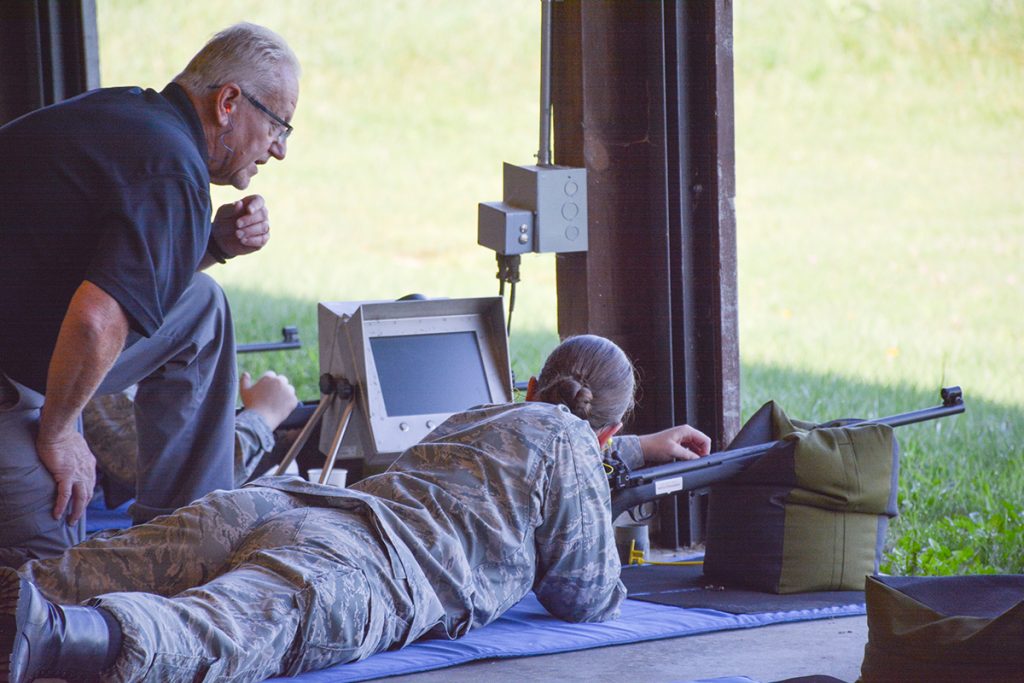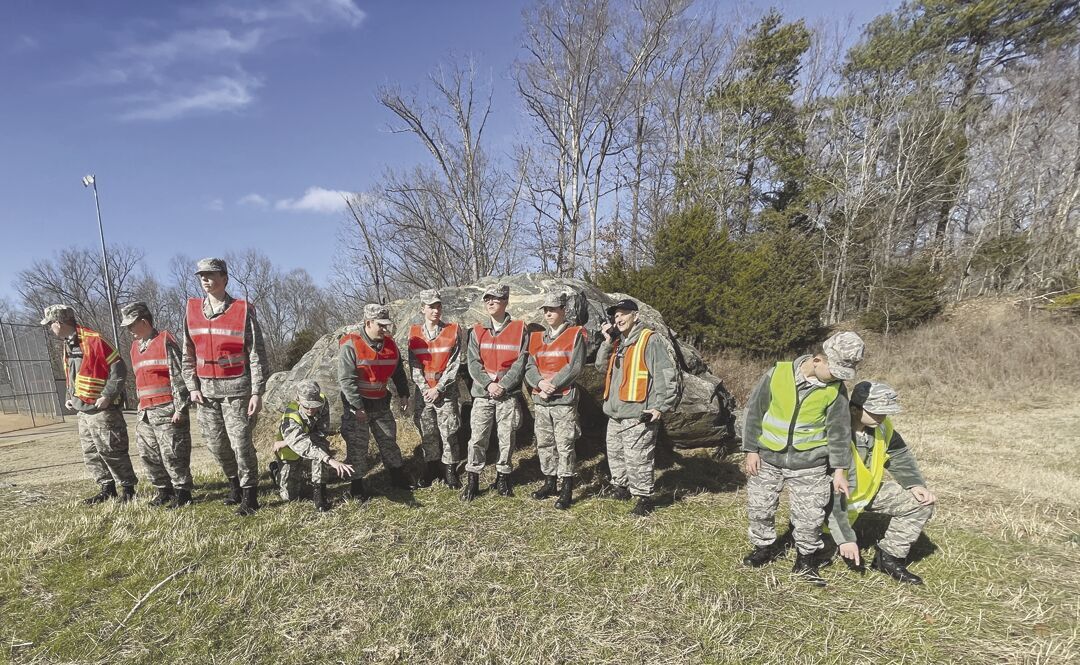Unknown Facts About Civil Air Patrol Firearms Training
Table of ContentsSee This Report on Civil Air Patrol Firearms TrainingThe 10-Minute Rule for Civil Air Patrol Firearms TrainingOur Civil Air Patrol Firearms Training PDFsUnknown Facts About Civil Air Patrol Firearms TrainingAn Unbiased View of Civil Air Patrol Firearms Training
Loss of hearing-- total loss of hearing of one ear, 52 weeks' payment; or complete loss of hearing of both ears, 200 weeks' settlement. Settlement for loss of binocular vision or for loss of 80 percent or even more of the vision of an eye is the exact same as for loss of the eye.Payment for loss of the initial phalanx is one-half of the settlement for loss of the entire number. If, when it comes to an arm or a leg, the participant is amputated above the wrist or ankle joint, settlement coincides as for loss of the arm or leg, respectively.
Payment for irreversible overall loss of usage of a member coincides as for loss of the member. Payment for permanent partial loss of usage of a member might be for proportional loss of use of the participant. The degree of loss of vision or hearing under this timetable is identified regardless adjustment.
8 Easy Facts About Civil Air Patrol Firearms Training Shown
Nonetheless, when the injury influences only 2 or even more figures of the exact same hand or foot, paragraph (17) of this subsection applies, as well as when partial reciprocal loss of hearing is involved, settlement is calculated on the loss as influencing both ears. For serious disfigurement of the face, head, or neck of a character likely to handicap a person in protecting or keeping work, appropriate and equitable compensation not to go beyond $3,500 shall be awarded in addition to any kind of other payment payable under this timetable.
The period of settlement payable under the routine in area 8107(c) of this title is lowered by the period of compensation paid or payable under the routine for an earlier injury if-- payment in both situations is for handicap of the very same member or function or various parts of the exact same participant or feature or for disfigurement; and also the Assistant of Labor locates that settlement payable for the later impairment in whole or partially would certainly duplicate the payment payable for the preexisting impairment (civil air patrol firearms training).
If a private-- has received disability compensable under section 8107(a) of this title; has actually filed a valid claim in his life time; and also passes away from a cause besides the injury prior to the end of the duration specified by the routine; the compensation defined by the timetable that is overdue at his death, whether or not built up or due at his fatality, shall be paid-- under an honor made prior to or after the fatality; for the period specified by the timetable; to and for the benefit of the persons then in being within the classes and proportions and also on the conditions specified by this section; as well as in the adhering to imp source order of priority: If there is no kid, to the widow or widower.
Civil Air Patrol Firearms Training Fundamentals Explained
If there is no widow or widower, to the kid or children. If there is no survivor in the above classes, to the parent or parents completely or partly reliant for support on the decedent, or to other completely reliant family members noted by section 8133 (a)( 5) of this title, or to both in percentages offered by guideline.
Settlements under subsection (a) of this area, besides a quantity payable for a period coming before the fatality of the individual, are at the fundamental rate of compensation for irreversible impairment defined by area 8107(a) of this title even if at the time of fatality the individual was qualified to the increased price specified by section 8110 of this title.
A beneficiary under subsection (a) of this section, except one under subsection (a)(D)(v), ceases to be qualified to payment on the occurring of an event which would end his right to compensation for death under section 8133 of this title. When that entitlement discontinues, payment continuing to be overdue under subsection (a) of this section is payable to the making it through recipient based on subsection (a) of this area.
The smart Trick of Civil Air Patrol Firearms Training That Nobody is Talking About
Notwithstanding paragraph (3) of this subsection, compensation payable for a child that would otherwise end due to the fact that the child has actually gotten to 18 years of age will proceed if he is a trainee as defined by section 8101 of this title at the time he reaches 18 years old for so lengthy as he proceeds to be such a trainee or till he weds - civil air patrol firearms training.


Get This Report on Civil Air Patrol Firearms Training
The month-to-month pay at the time of injury is deemed one-twelfth of the typical annual earnings of the staff member at that time. When payment is paid on a regular basis, the regular matching of the regular monthly pay is considered one-fifty-second of the average yearly revenues. For so much of a period of total handicap as try here does not exceed 90 schedule days from the day of the start of compensable impairment, the settlement, in the discretion of the Secretary of Labor, might be calculated on the basis of the actual day-to-day wage of the worker at the time of injury in which event he might be paid settlement for the days he would certainly have worked yet for the injury.